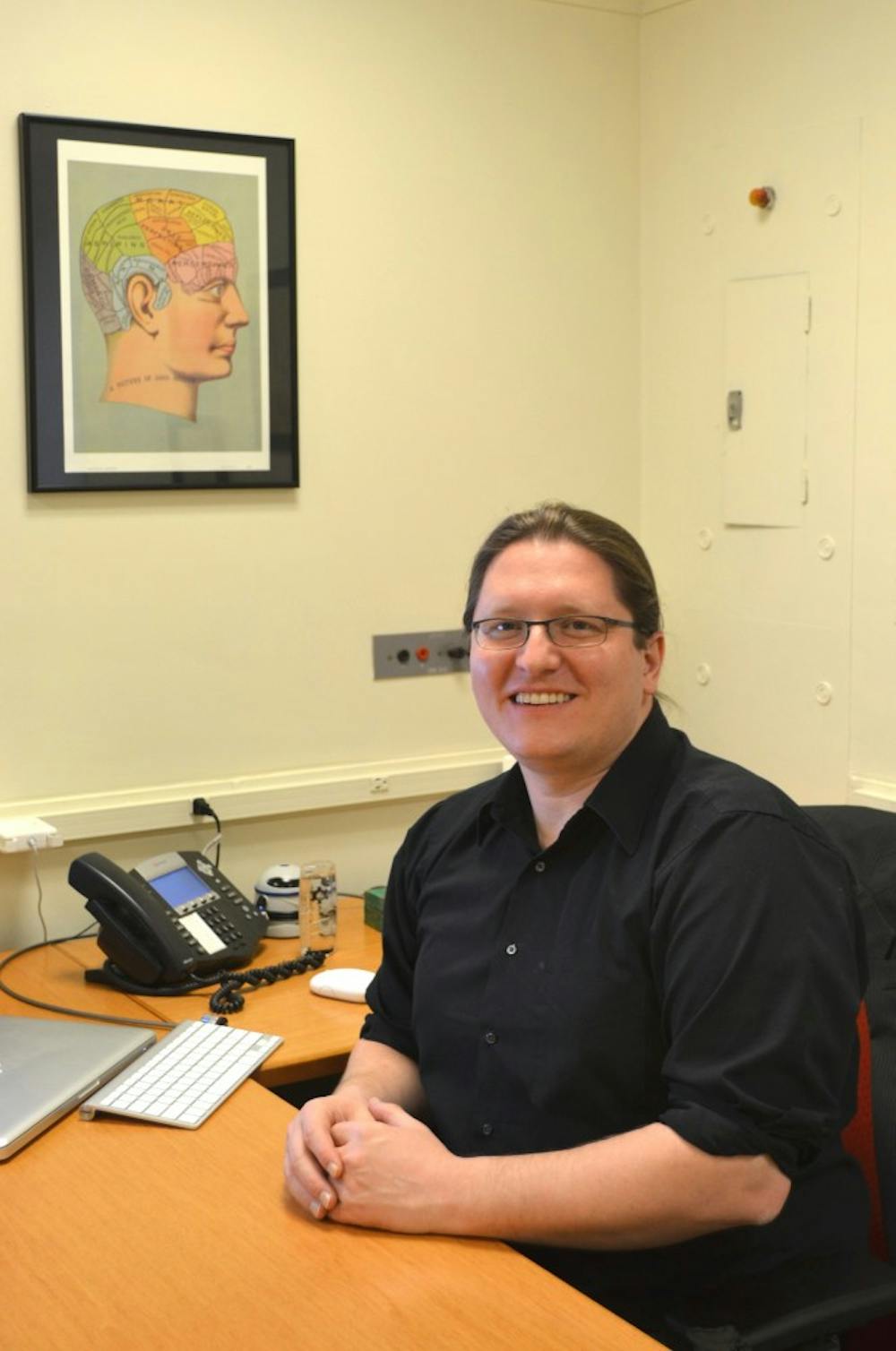You have two choices — either eat one marshmallow now, or wait and get two sometime later. Do you wait, or do you give in and eat the marshmallow?
This marshmallow experiment was originally conducted in the 1970s by professor Walter Mischel of Columbia University. Other studies following this one have shown that children who waited longer for both marshmallows showed more positive outcomes in life, such as higher SAT scores and lower body mass indexes around the age of 40.
Penn psychology professors Joseph Kable and Joseph McGuire recently published a paper in which they found that despite the potential rewards of waiting, people abandon delayed gratification because they believe that the wait time becomes longer as time goes on.
“It’s seemingly illogical behavior because if you really preferred the two marshmallows, why wouldn’t you just wait?” Kable said. “It’s similar to a diet — if you’re going to give up halfway through, why not just not do it in the first place?”
Their experiment involved 646 students filling out one of two questionnaires about decision-making and wait time.
“People feel that the amount of time they have until they reach their goal is increasing the longer they’ve been working towards it without reaching it,” Kable said. “[They] fail to sustain delayed gratification — their expectations about how long things take actually have a counterintuitive form,” and they give in to their desires.
The first survey asked students about how long they would wait to eat the marshmallow in the marshmallow experiment. The second applied to more personal situations such as studying and dieting.
“In the paper we are trying to understand the hidden rationality in this behavior where you start out towards a delayed goal but abandon it before it gets there,” Kable said. “It captures the kind of dilemma that a lot of us face in the real world … It captures the behavior we engage in when we start a diet or try to quit smoking.”
According to Kable, the marshmallow experiment has shown that people engage in odd behavior because they wait but eventually opt to eat the one marshmallow anyway. His goal was to understand why they waited and eventually gave in to temptation.
He and McGuire analyzed data from the National Institute of Child Health and Human Development, which tested 1,000 children at the age of 4 to see how long they would wait to eat the marshmallow.
Students agreed that Kable’s research is relevant to their lives.
“Through his work he comes to a better understanding of value, how people perceive time and how they are making real-world decisions,” said 2012 College graduate Zeynep Enkavi, who has also worked with Kable in the past. “He hopes to apply these to real-world situations like exercise or smoking behavior.”
Kable’s study is among the few to question the accepted findings from this long-standing experiment.
“I think it’s a novel interpretation of the really classic marshmallow experiment — it’s something that makes a lot of intuitive sense that no one has systematically looked at before,” College senior Alli Oakes, who worked with Kable on this topic, said. “In research it’s not about reinventing the wheel, but looking at what’s out there and asking whether it’s really right and doing more research to try and figure it out.”



